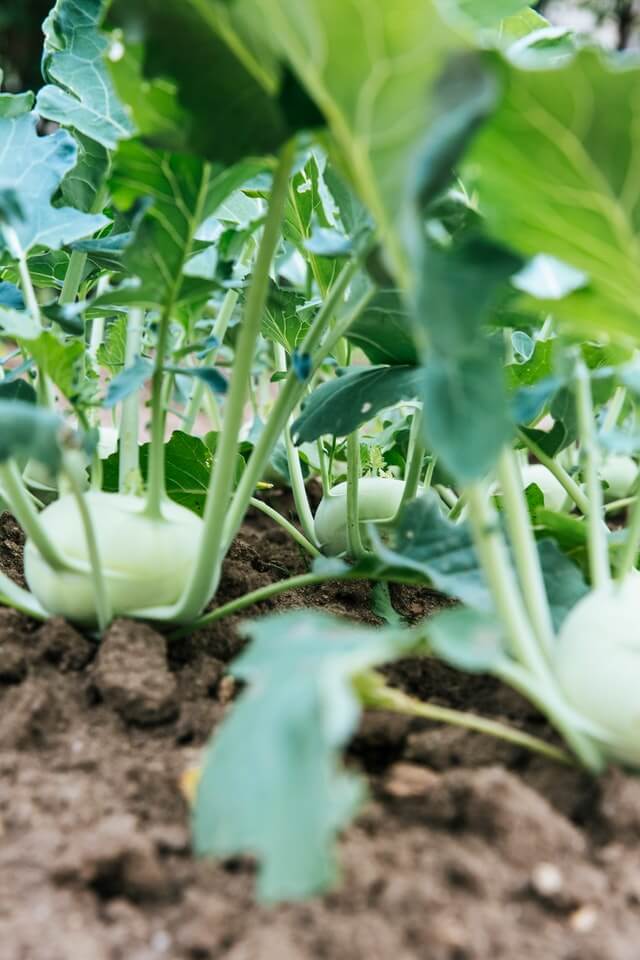
Vegetable gardens are a great way to save money on your grocery bill while also getting fresh produce that hasn’t been tainted with harmful contaminants and other
pesticides. Plus, it’s a lot easier to pick a tomato from the vine than have to run to the store when you realize last minute that a dinner recipe calls for one.
You might love the idea of a vegetable garden, but think you don’t have the space for
them. Thankfully, there are many different types of vegetable gardens that can
work for any space or climate. That means whether you live on a rural 10 acres
or in the middle of an urban city, you can have access to fresh vegetables and
herbs!
Things to Keep in Mind When Planting
When you are planting a vegetable garden there are certain things to keep in mind. First, you need to look at your climate. Is there a certain growing season that you
are limited too or can you grow year-round?
You will also want to look at the area you are considering planting your vegetables in
and see how much sun and shade they get on a daily basis. This will have an
impact on what vegetables you can plant. Fruiting vegetables like tomatoes,
eggplants, peppers, squash, melons, and cucumbers need 8 hours of sun. Root
vegetables like beets and carrots will need 6 hours, and leafy vegetables like
lettuce, collards, and spinach will need at least 4 hours of sun a day. No
vegetable will grow in full shade, so you will need to take that into
consideration when planning your vegetable garden.
Finally, you will also need to consider your space limitations. Certain vegetables like
tomatoes can grow upright if tended to properly, where other vegetables spread
horizontally and can block sunlight from reaching other plants. Choose your
must-have vegetables and plan the space accordingly.
Vertical Gardens
You might think if you don’t have much square footage for a vegetable garden that it
would be impossible to plant a vegetable garden. You would be wrong! Vertical
gardens are becoming a thing, especially in more urban areas where residents
don’t have large backyards. By utilizing a trellis, you can grow vine
vegetables like squash, cucumbers, tomatoes, beans, and even peas. By
encouraging these plants to grow upwards, you can also save the little ground
space you do have for additional plants like lettuce or carrots.
In addition to being great for small spaces, a vertical garden is good if the majority of
your backyard does not get a lot of sunlight. Simply post it along a fence or
section the back of your house that does get sunlight so you can still grow a
vegetable garden even in a shady backyard.
Keyhole Gardens
A keyhole garden is a raised garden bed that allows you to control the soil content.
Those that live in urban settings that have contaminated soil would be able to
ensure that their vegetables do not become contaminated. With a raised bed, you
can add fresh clean soil and natural fertilizer. They also retain water better so if you live in a drier climate you won’t need to worry about watering your plants as much as you would if you planted vegetables directly in the ground.
Indoor Hydroponics
What if you don’t have any space outside to plant a vegetable garden? Does that mean you cannot plant one? No! Using hydroponics allows you to actually grow a vegetable
garden inside your home. If you are limited on space or don’t have a climate
conducive for growing, by outfitting your basement or another room with bright
fluorescent lights, some fans, and good irrigation, you can grow indoors. Cold
weather plants like herbs or greens are easiest to grow in a basement, but you
can also try tomatoes and other vegetables by regulating the room temperature
accordingly. Something to keep in mind is that this can increase your energy
bills, so don’t be surprised to see a slightly higher electric or natural gas
bill.
Floral Borders & Colorful Produce
If you are limited in backyard space but want to have a vegetable garden, you can still
plant one around your patio. Simply utilize edible flowers to keep it looking
pretty or even plant a colorful flower border around your vegetable garden to
help disguise it. Research shows that some flowers like Marigolds are actually
good for your soil composition and can help keep your vegetables healthy.
Utilizing colorful produce like yellow beats, green tomatoes, or red carrots
can also enhance the appearance of your vegetable garden and keep it from
detracting from your overall backyard aesthetic.
Call Kurtz Bros., Inc. for Your Vegetable Garden Needs
If you are planting a vegetable garden you want to ensure that you have the proper soil and fertilizers so they grow big and juicy! Keep in mind is what fertilizers you use. There are many options available, but that doesn’t mean they are all quality options. The professionals at Kurtz Bros., Inc. will ensure that you have the right
fertilizer for your vegetable garden. In addition to quality soils and fertilizer for your vegetable garden, Kurtz Bros., Inc. also has the gardening tools you will need to make your project a success. In addition to sturdy gardening gloves, we also have shovels,
spades, rakes, hand spreaders, and more. With various sizes and types of shovels, rakes, and other gardening tools, you are sure to find exactly what you need to take your vegetable garden to the next level.
If you are planning on planting a vegetable garden this spring, trust the experts at Kurtz Bros., Inc. to help you make the right selections. With the quality fertilizers and soils from Kurtz Bros., Inc, you will be enjoying luscious vegetables from your garden in no time! Call us today or stop in to speak to our landscaping and gardening experts!
